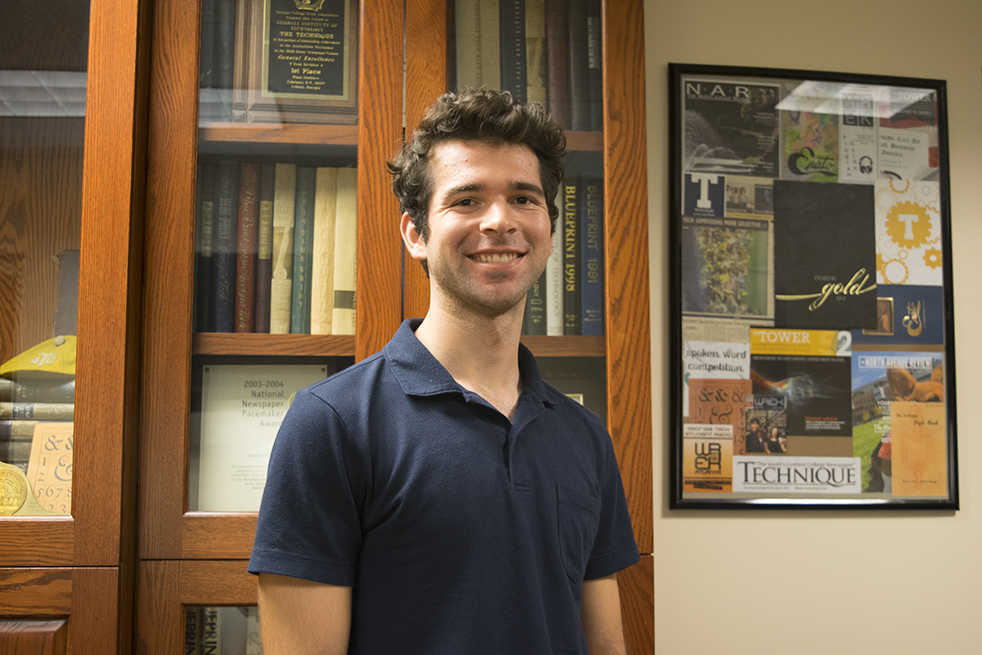Every state has its own stereotype, but few carry the obscurity of those at the center of the country. I would know: I am from Oklahoma, the state somewhere in between the wild west or nowhere in particular. If it was not for the OKC Thunder, I would have thought that U.S. maps had never updated to include the state.
Whenever I admit to someone where I am from, I hope for some small chance of a connection, whether they have driven through the area or are from somewhere close by. Truly, there is a special camaraderie attributed to regional similarities when you are out of your comfort zone and living a new life or different region.
But more often than not, the response is a vague sense of knowing that Oklahoma may or may not exist. Moreover, this kind of mentality for Oklahoma or other states deemed flyover country damages identity and highlights the much larger issue of geographical diversity in higher education.
Beginning with the college admissions process, as glorified as college rankings are, it is discouraging to not see a school from your state being considered one of the best in the country. The message students receive is that real prestige and reputation — at least by the list writers’ standards — is only obtainable in metropolitan areas on the east or west coasts; meanwhile, there is a sort of subtle intellectual discrimination against those of us in between them. Such is the consequence of an empty reputation: it is easy to outshine.
This is not to say that states like Oklahoma are perfect by any stretch of the imagination. But fading into further insignificance to the rest of the population only worsens their current condition, especially as a sense of social division. Personally, knowing that I am connected to a place where popular attributes nothing dissolves any state pride I have, as well as any other desire to go back. I would not be surprised if similar students had similar experiences — especially at a school like Tech where already 68 percent of the population is from Georgia.
I have only met one other Oklahoman and a handful of students from nearby states in my two years at Tech. There are more students from states different than us than there are the other way around, so while we have plenty of opportunities to expand our perspective, most students do not.
For every one student that I convince I did not grow up on a farm, hundreds more may not be able to point to the state on a map. Consequently, any sense of unison can be undercut by division through regional indifference and obliviousness.
There is no obvious solution aside from encouraging a sense of potential and opportunity that is not unique to New England or southern California.
Furthermore, making geographic diversity a priority provides students with the opportunity to subvert state stereotypes and increase a type of regional awareness among students. Students from flyover states like Oklahoma deserve an opportunity to feel state pride outside of their borders as opposed to feeling under-appreciated by the majority representation. Universities are praised for their protection of diversity, and so too should that diversity include geographic roots.
